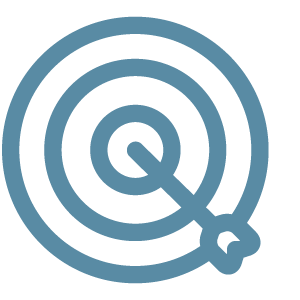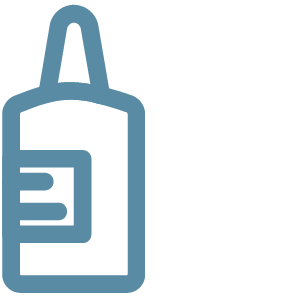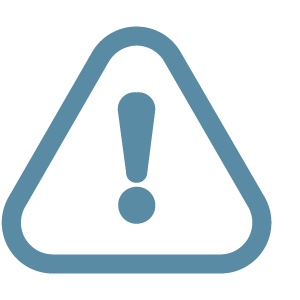
To reduce the swelling, redness and oil production by the skin that is associated with acne

Skin flushing, nausea and diarrhoea for oral supplements. Skin irritation for topical treatments. See product packaging or leaflet for full details

Cannot be used if your are pregnant. See product packaging or leaflet for full details
Niacinamide is vitamin B3, also known as nicotinamide, and can be used as an acne treatment that is available over the counter, without having to see a doctor or nurse.
Niacinamide can be found in topical treatments that are applied directly to the skin. Oral niacinamide supplements may also prove helpful in the treatment of acne.
Niacinamide is an anti-inflammatory that works to reduce the swelling and redness associated with acne. It also works to regulate the amount of acne-causing oil being produced by the glands in your skin. In addition, it regulates skin tone and can help to fade the red, purple and brown marks that acne can leave on the skin.
Side effects of oral niacinamide supplements include skin flushing, nausea and diarrhoea. Side effects of topical niacinamide treatments includes skin irritation. Please see your product details for full instructions and warnings. If you are thinking of taking oral niacinamide supplements talk to your healthcare provider first to make sure that there aren’t any health concerns. You must not take niacinamide treatments or take niacinamide supplements if you are pregnant.
As with most acne treatments, niacinamide takes time to work and you should allow for twelve weeks of use before determining whether or not the product has worked for you.
It is not advised that you continue to use niacinamide once your acne has healed as there is little evidence to suggest that it will help in preventing your acne from returning. However, topical niacinamide may help to reduce the skin discolouration, such as red and brown patches, that is left by acne.
Treatments that contain niacinamide are often used as part of a wider acne treatment regime. These regimes involve using acne treatments and sometimes other products in an organised way with the aim of maximising the treatment’s effectiveness. It is important to remember that not all acne treatments can be used safely together and that you should seek the advice of your pharmacist or healthcare provider before starting or combining any treatments. Click here for an example of an acne treatment regime.
Please note that over-the-counter treatments are unlikely to be effective against severe acne. That is acne that consists of many lesions covering an area, with cysts and nodules being present, and is often scarring. If you have acne that has lasted for several weeks and is getting worse, is leaving scars or is affecting your mental health then you should arrange to visit your GP.